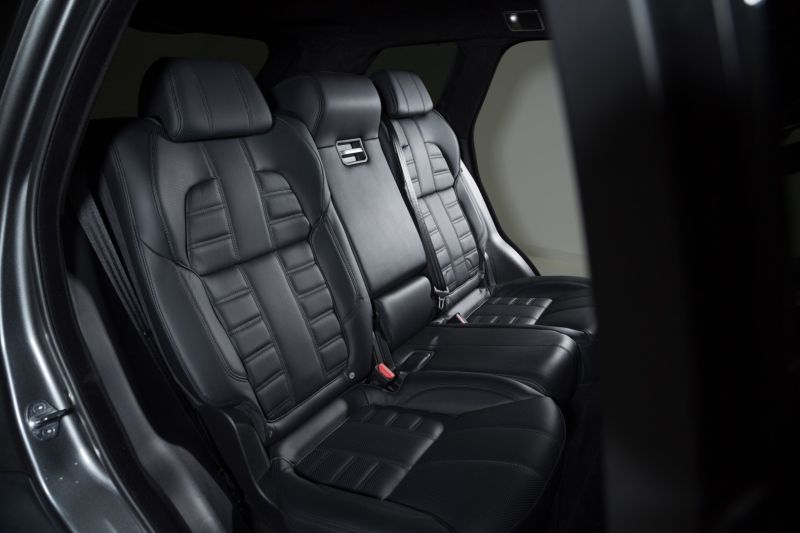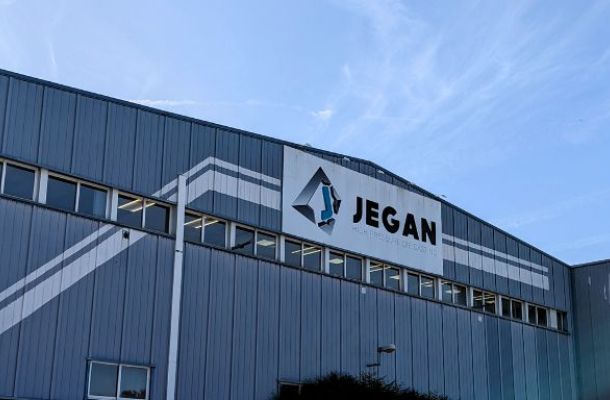
Zamak car seat frame parts: impact resistance and durability
Automobile safety is a top priority, and the seat structure is vital. The ability to absorb impacts and provide reliable support cannot be underestimated. That is why choosing the material they are made is paramount. In this respect, Zamak, a zinc alloy, has emerged as an outstanding choice thanks to its strength and durability for different types of parts intended for the automotive sector.
Technical requirements for car seats
Car seats must meet stringent technical requirements to ensure the safety and comfort of the occupants. One of the most critical aspects is impact resistance and activation of safety systems. During an accident, the seat structure must withstand extreme loads and absorb the energy the impact generates to protect the passengers. This is where Zamak excels, as it offers high resistance to deformation under load, making it an ideal material for this application.
Another critical aspect is durability. The seat structure must withstand continuous use and the demands of the automotive environment without deteriorating. Zamak is known for its corrosion resistance, which means it can withstand conditions such as moisture, salt and road chemicals, maintaining its structural integrity over time. This durability contributes to the product's longevity and, therefore, the safety and reliability of automotive seating parts.
Knowing this, what car seat parts can be made from Zamak? Zamak parts can be used for various components, such as levers, buttons, seat adjustment mechanisms, headrest elements, armrests, guiding systems and mechanisms, motor supports, and safety systems for activating airbag-type curtains.
Advantages in the manufacture of Zamak components for car seats
The choice of zamak as a material for the manufacture of car seat components offers several significant advantages:
- Precision and a high degree of accuracy: Zamak is known for its ability to be precision cast, ensuring that each part meets quality, functionality and safety standards. This manufacturing precision provides a solid foundation for the structural integrity of automotive seats, ensuring that each component fits perfectly and performs its function efficiently.
- High batch production capability and finishing flexibility: One of the outstanding features of Zamak is its ability to mass-produce large batches of parts without compromising quality or consistency. This versatility in manufacturing makes it perfect for a wide range of parts in the automotive sector, from internal components to external elements. In addition, zamak offers flexibility in finishing, allowing the creation of products with aesthetic appeal and customisation that can be adapted to market demands in terms of design and functionality.
- Complex geometries and efficiency for small parts: Another distinct advantage of Zamak is its ability to manufacture parts with complex geometries and intricate details, even in small components. This makes it an ideal material for producing highly detailed parts, especially in the automotive sector, where precision and reliability are critical to vehicle performance and safety.
- Durability and tensile strength: Zamak exhibits exceptional durability and remarkable tensile strength, allowing it to operate efficiently under a variety of conditions, including fluctuations in temperature and humidity. This strength ensures the integrity and reliability of parts made from this material over time and in any usage environment, contributing to the safety and durability of car seats.
Jegan, die-casting for automotive parts
Manufacturing automotive seat structure parts in zamak and zinc alloys represents a safe and technological option for the automotive industry. Its combination of impact resistance, durability and corrosion resistance makes it an ideal material for ensuring structural integrity and the safety of vehicle occupants. In addition, its low weight contributes to vehicle efficiency, improving vehicle performance and fuel consumption.
If you need more information about die casting or zamak as a material for manufacturing parts for the automotive sector, please contact us.


